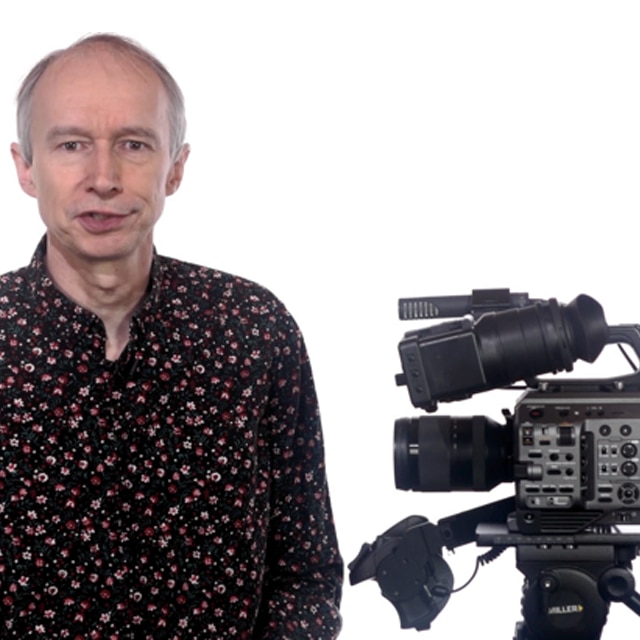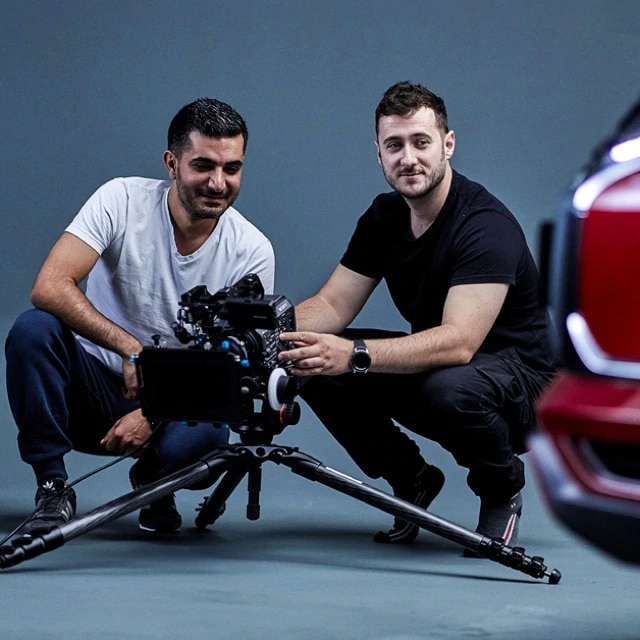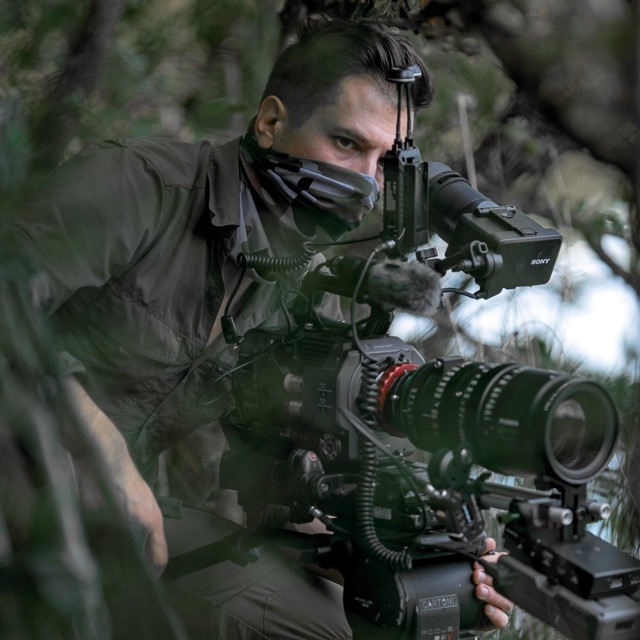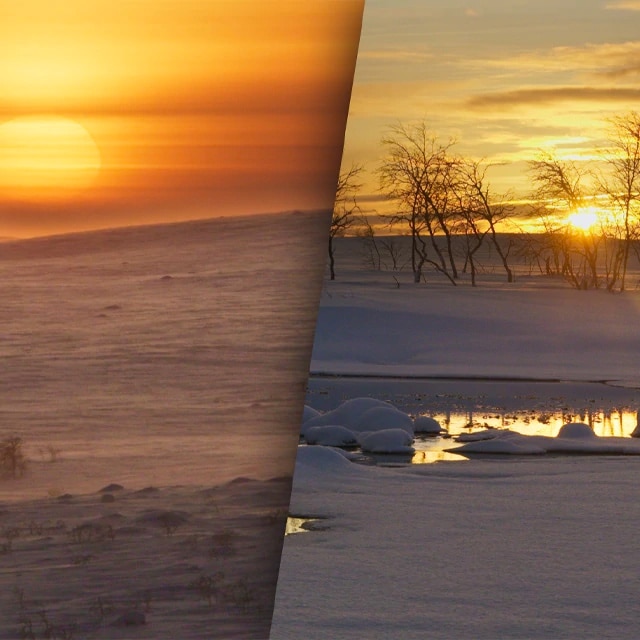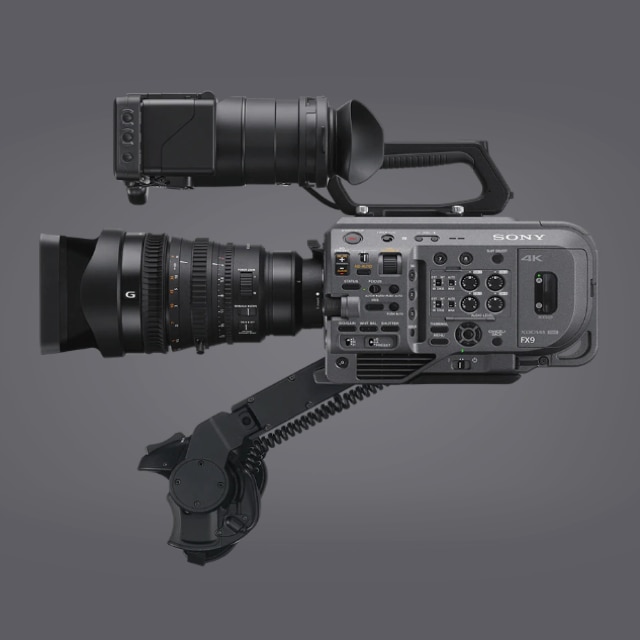FX9 brings big-budget look to low-cost production
Cinematographer Przemysław Jękosz and producer Alicja Jagodzińska-Kałkus share their impressions of shooting mockumentary-style feature ‘The God of Internet’ with the Sony FX9 full-frame camera.
The God of Internet is an independent feature that’s been produced on a limited budget with support from the Polish Film Institute. Cinematographer Przemysław Jękosz chose the Sony FX9 full-frame handheld camera to achieve a high-quality cinematic look with a smaller crew and simplified production resources.
Creative freedom in all conditions
After previously using the FX9 for a music video, shooting The God of Internet gave Cinematographer Przemysław Jękosz the opportunity to choose the camera again for a feature-length production.
“When I choose a camera I start with the format,” explains Przemysław. “I need something with a sensor to suit the lenses I’ve selected. I like the ‘plasticity’ of a large sensor combined with a wide aperture lens. The first time I worked with the FX9 was on a music video for the band Tuza. That was a low-budget project so we minimized the crew as well as the lighting setup.
“We were quickly convinced by the camera’s Dual Base ISO, which allowed us to use slightly slower lenses. That was great — suddenly we’d got noiseless, non-dancing shadows.” Inherited from Sony’s acclaimed VENICE full-frame motion-picture camera, Dual Base ISO expands the ability of the FX9 to capture richly detailed, low-noise images in conditions ranging from bright daylight to the middle of the night.
“After that video shoot I got in touch with Joanna Satanowska, the director who we were working with on The God of Internet, and said that I’d found the perfect ‘one-man band’-style camera.”

There are lots of well-implemented features with the FX9. You feel that you merge with the camera and it becomes a part of you: that feels awesome.

Compact size, cinematic pictures
Despite its cinematic heritage and uncompromising imaging credentials, the compact size of the FX9 lent itself ideally to the creative constraints of the project.
“The catch with The God of Internet is that it’s a hybrid format, part fiction and part documentary,” says Alicja Jagodzińska-Kałkus, owner of Wonderland Pictures and producer of The God of Internet. “Somewhere along the way we’re trying to blur the boundaries between fact and fiction. We didn’t know exactly what’s going to happen on set, so we wanted quite a bit of creative flexibility. We were mainly shooting handheld because it suited the concept of this production.”
“In this production the cameras keep darting around quickly, so we can’t afford to have a big bulky camera on set,” adds Przemysław. “We combined the FX9 with ZEISS Superspeed Mk1 lenses, which are physically really small. Thanks to the camera’s built-in ND filters, it turns out that we didn’t need to use a matte box, so that the whole size of our optical setup was reduced. With automatic exposure on the FX9, I can shoot with a fixed aperture—say if I’m running with the camera from underneath a bridge out into the open, or going from the forest into a house.”

Focused on filmmaking
Przemysław also praises the camera’s user-focused ergonomics: “I felt really comfortable shooting handheld with the FX9. Out of the box, I’d say it’s got the best standard camera grip there is. There are lots of other well-implemented features with the FX9. When you assign the functions you need to the right buttons, it’s all so quick and easy. You feel that you merge with the camera and it becomes a part of you: that feels awesome.”
“Beyond the technical side, the most important thing for us was making sure that the scenes felt ‘real,’ usually with just one or two takes,” concludes Przemysław. “Working on The God of Internet reminded me that the most important thing is what’s happening in front of the camera, and not all around it.”

